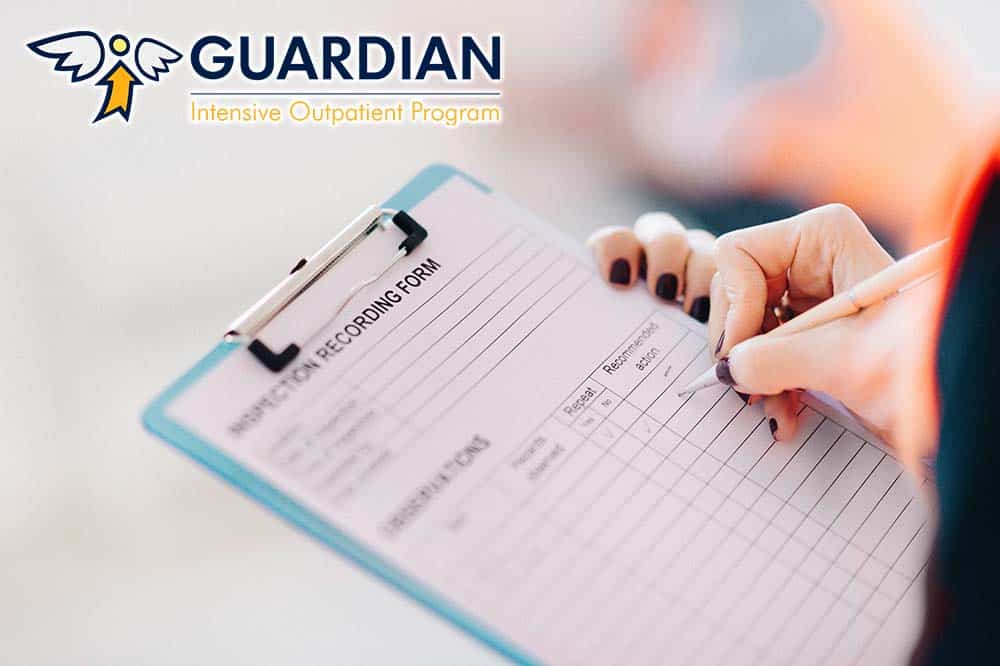Patients who take benzodiazepines, primarily used to treat anxiety, are four times more likely to become addicted to or overdose on opioids, according to a study published in JAMA Psychiatry.
Researchers at the University of California Los Angeles (UCLA) compared the rates of prescriptions made to patients who had never been prescribed opioids, or initial opioid prescription, to patients who were already prescribed benzodiazepines and those who reported that they weren’t concurrently taking benzodiazepines.
Between 2005 and 2010, the number of initial opioid prescriptions for benzodiazepine users increased from 189 to 351 per 1,000 patients compared to an increase from 78 to 93 per 1,000 non-user patients. However, the study didn’t specify why benzodiazepine users were prescribed opioids more frequently than other patients.
According to the study, the number of opioid-related deaths increased from seven per 100,000 individuals in 2010 to 11 per 100,000 individuals in 2015, despite an overall decrease in the frequency of opioid prescriptions. Researchers also noted that it’s still much cheaper to purchase narcotics illegally than it is to pay for other treatments.
In an interview with UCLA’s Daily Bruin, Joseph Ladapo, a physician at the Ronald Reagan UCLA Medical Center who co-authored the study, recommended that physicians and patients invest more in prescribing policies and treatment plans that involve fewer opioids.
“Getting [an opioid prescription] once is a risk factor for getting it again,” Ladapo said. “We don’t want people to suffer, but it’s also important to acknowledge the risk of taking the drugs in the first place.”
The rate at which opioids are prescribed is relatively inconsistent compared to prescription rates for other treatments, Ladapo said. For example, antibiotics are frequently prescribed to treat bacterial infections. Physicians are less sure when prescribing opioids, evidenced by the changes in the opioid prescription rates in recent years.
The study serves as a cautionary tale during a time where the country is in the throes of a public health emergency. It’s increasingly important for patients, who often don’t know about these increased risks, to advocate for themselves, and for doctors to use their awareness of these risks to find new ways to manage patient anxiety and pain.
If you or someone you love is considering treatment for benzodiazepine or opioid addiction, Guardian IOP offers the support you need. Our program was designed by a team of professionals with years of experience in the field of substance abuse and mental health. For more information, contact at Guardian Treatment Advisor at (888) 693-1894.

Reviewed for accuracy by:
Anna Marie Barrett LCSW, CYT
Anna earned her Masters of Social Work at Barry University in Miami, FL in 2017 and completed her internship in co-occurring disorders. Anna has a Bachelors of Art in Religious Studies from Naropa University and is a certified yoga and meditation instructor. Anna has received specialized training in somatic counseling with an emphasis on body-centered psychotherapy.




















